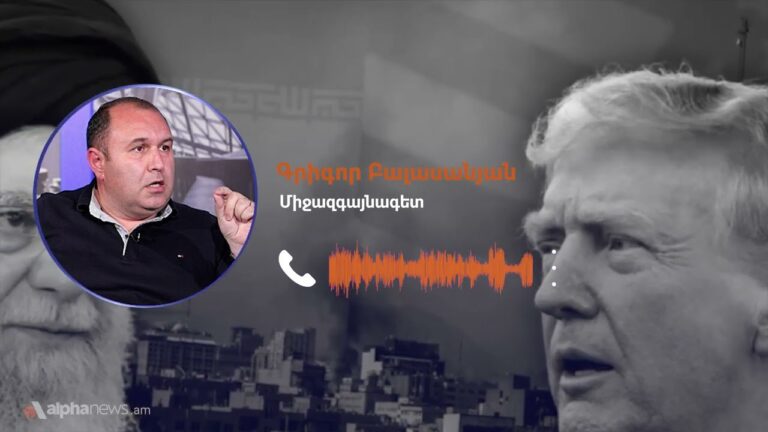Pashinyan opposes Georgia’s “foreign agents” bill
May 16 2024, 13:00
On May 14, the Georgian parliament passed a bill on “Transparency of Foreign Influence” in the third and final reading, better known as the “foreign agents” bill, a move that became a formal pretext for mass protests in Georgia in order to overthrow the Georgian Dream party, led by Georgian businessman Bidzina Ivanishvilli.
If we summarize what is happening in Georgia and the reactions of a number of international actors to these events, we will observe that the so-called “collective West”, led by the United States, declared a real political war on the current Georgian authorities to overthrow the Ivanishvili government. This, in turn, would create an opportunity to form a West-oriented government in Tbilisi, similar to that of Ukraine, making it possible to open a second front against Russia—to wage war for Abkhazia and South Ossetia—which could not but affect Russia’s positions in Ukraine.
Turkey would receive the opportunity to take control of the entire South Caucasus. Taking advantage of the potential war between Russia and Georgia, Azerbaijan could try to seize several Georgian territories, and Armenia could use the coming of anti-Russian power in Georgia to accelerate the process of economic disintegration with Russia. It is for the implementation of the anti-Russian policy that the fall of the Georgian government is important to the Armenian authorities.
In general, there is another important detail in the ongoing protests in Georgia. The collective West, which often likes to “play the card” of the struggle for sovereignty in parts of the world where it wants to change power, openly interferes in Georgia’s internal political process.
Different officials—from White House press secretary Karine Jean-Pierre to European Council chief Charles Michel—talk about reconsidering relations with Georgia if the bill restricting the activities of foreign NGOs in the country is not revised. In other words, they threaten sanctions. The Foreign Ministers of Latvia, Estonia, Lithuania, and Iceland will travel to Tbilisi on May 15 to discuss the “situation in the country”, but it is clear that their real goal is to support the opposition. It will not be surprising if these officials, following the example of former spokesperson of the US State Department Victoria Nuland in Ukraine, will start giving cookies to demonstrators on Rustaveli Avenue.
It is important to note that the actions of the Georgian police in dispersing demonstrators are strongly and unequivocally criticized by the Western community, but when it comes to similar developments in Armenia, “civilized white masters” do not bat an eye.
This leads us to a logical conclusion: a change of power in Georgia is a chance for the West, which is why they will attack the Georgian government in every possible way. At the same time, the change of power in Armenia is a challenge to the West, Turkey, and Azerbaijan, and therefore the “civilized world” will remain silent, even if the processes inside Armenia will be followed with the use of brute force against protesters. This needs to be understood, and tactical and strategic analyses and conclusions should be made accordingly.
Think about it…







